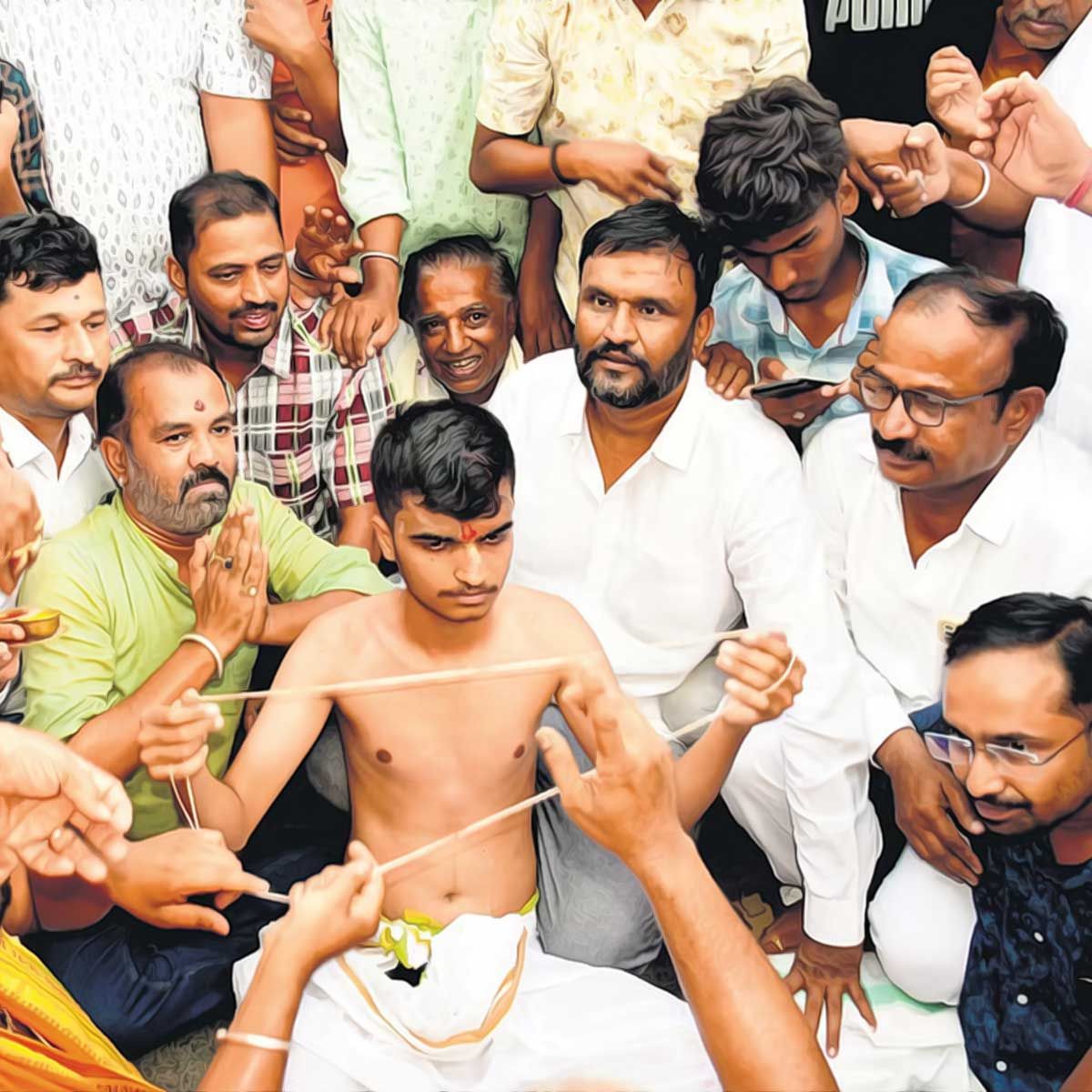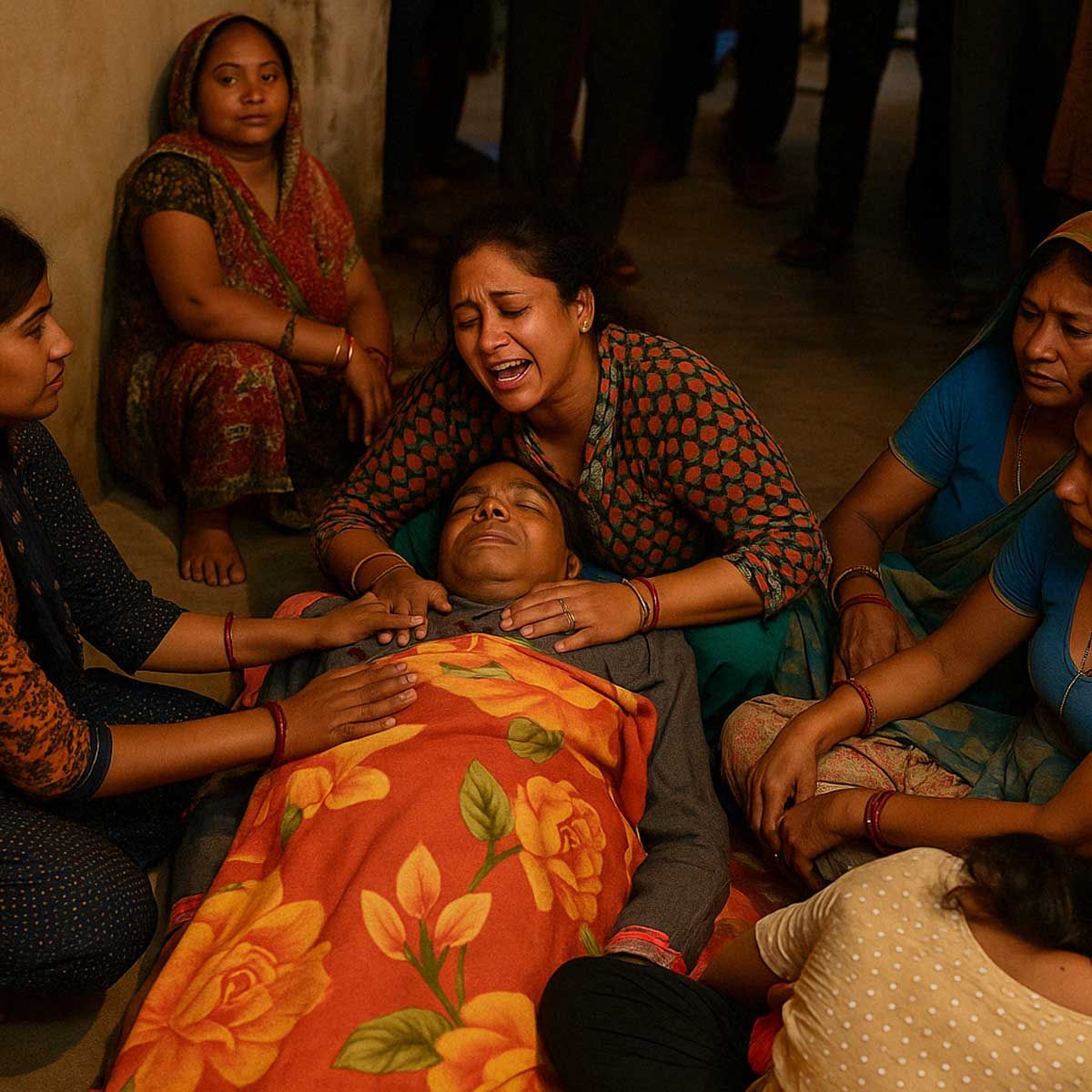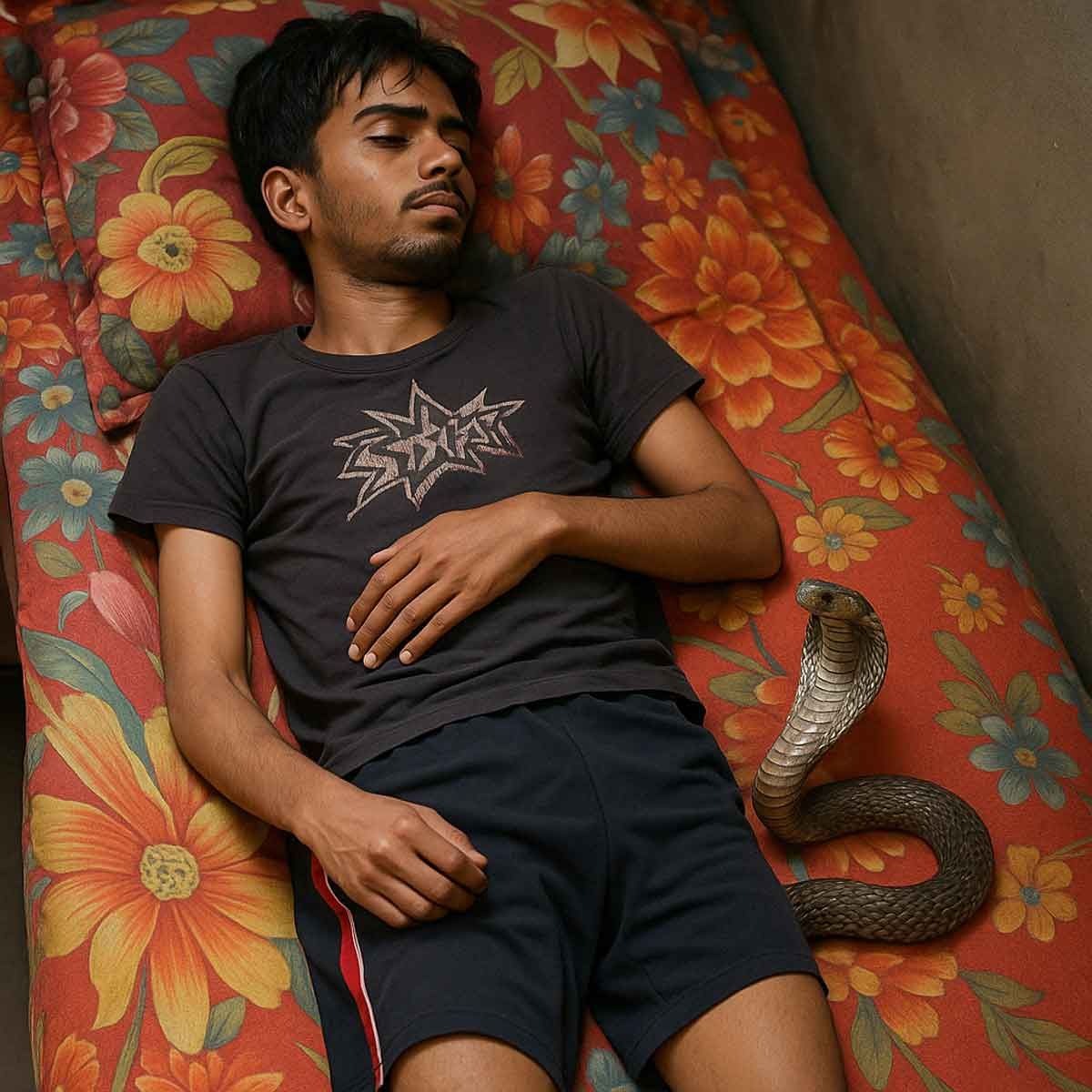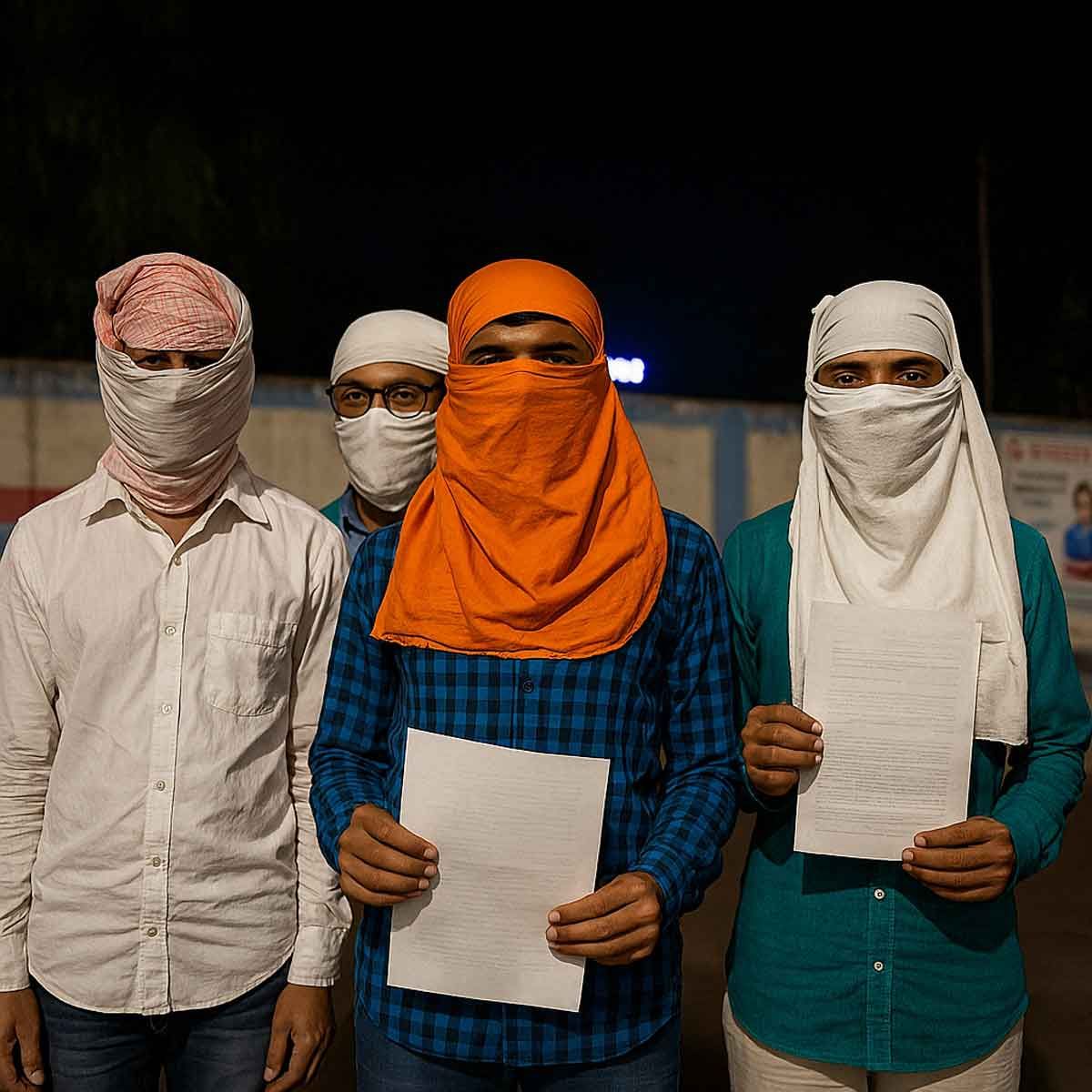More Coverage
Twitter Coverage
Satyaagrah
Written on
Satyaagrah
Written on
Satyaagrah
Written on
Satyaagrah
Written on
Satyaagrah
Written on
JOIN SATYAAGRAH SOCIAL MEDIA
In a historic decision Gauhati HC says, ‘Govt funded schools can’t impart religious education’: Upholds the constitutionality of the law by the Assam govt to convert state-run Islamic madrassas into schools
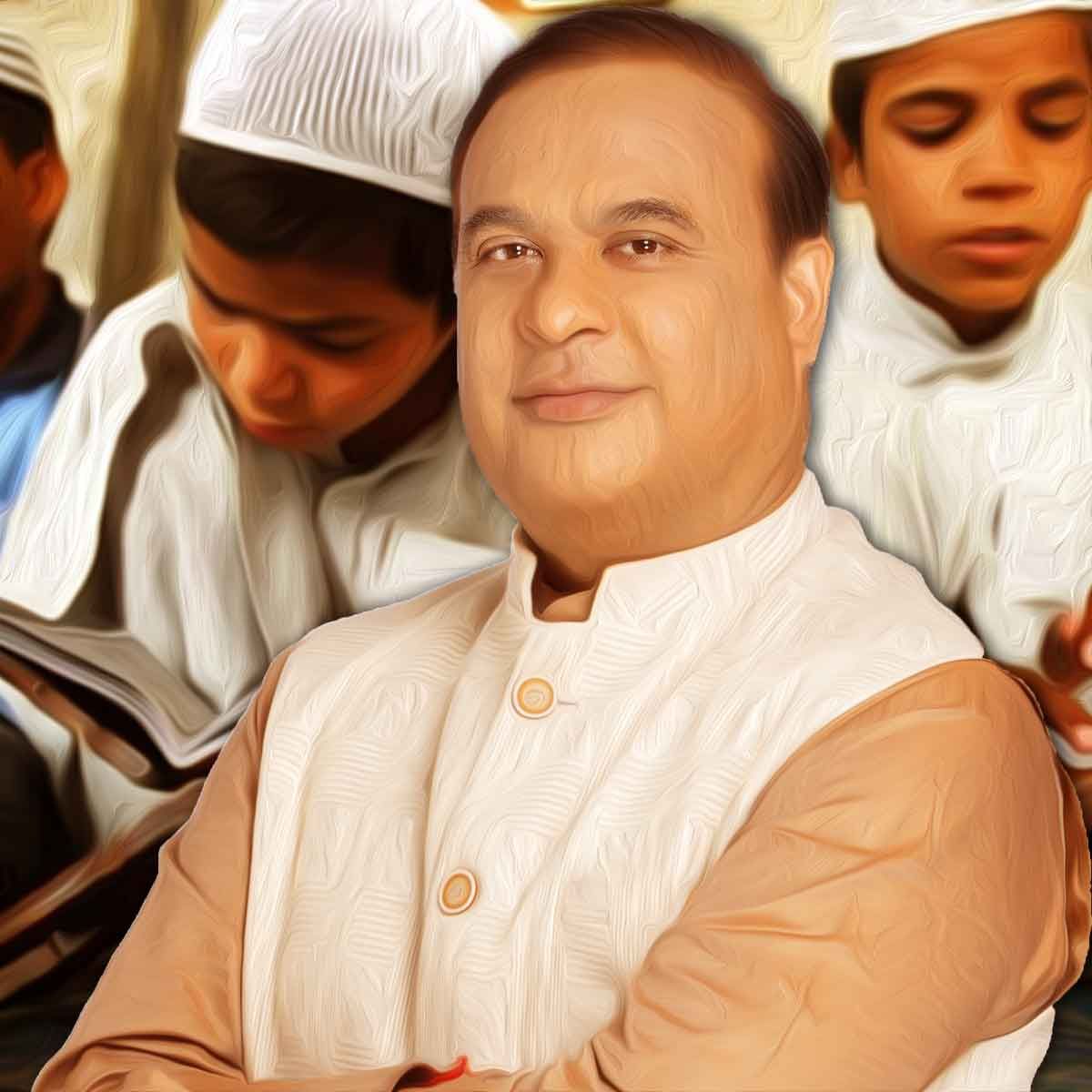
On Friday (February 4), the Gauhati High Court upheld the constitutionality of the law that was used by the Assam government to convert state-run Islamic schools (madrassas) into general schools. Rejecting a petition filed against the Assam govt decision, the High Court said that educational institutions funded by the government can’t impart religious education, even the institution is a minority institution.
The BJP-led Assam government had passed the Assam Repealing Act 2020, which nullified the Assam Madrassa Education (Provincialization of Services of Employees and Re-Organisation of Madrassa Educational Institutions) Act 2018 and Assam Madrassa Education (Provincialization) Act, 1995.
Under the new law, religious teaching and instructions in state-funded madrassas were stopped. The religious curriculum was replaced with general education and the teachers were given training for teaching general subjects. The Assam government also dissolved the State Madrassa Education Board and transferred all bank accounts and records to the Assam Board of Secondary Education.
Although the BJP government’s decision affected only the 'provincialized madrassas’ and not the ‘Qawmi Madrassas/Community Madrassas’, a total of 13 petitioners had filed a writ petition in the Gauhati High Court challenging the constitutionality of the Assam Repealing Act of 2020.
The matter was heard by a Division Bench of Chief Justice Sudhanshu Dhulia and Justice Soumitra Saikia. The Gauhati High Court rejected the argument that the government’s order and the Assam Repealing Act of 2020 somehow violated Articles 25, 26, 28, and 30 of the Indian Constitution.
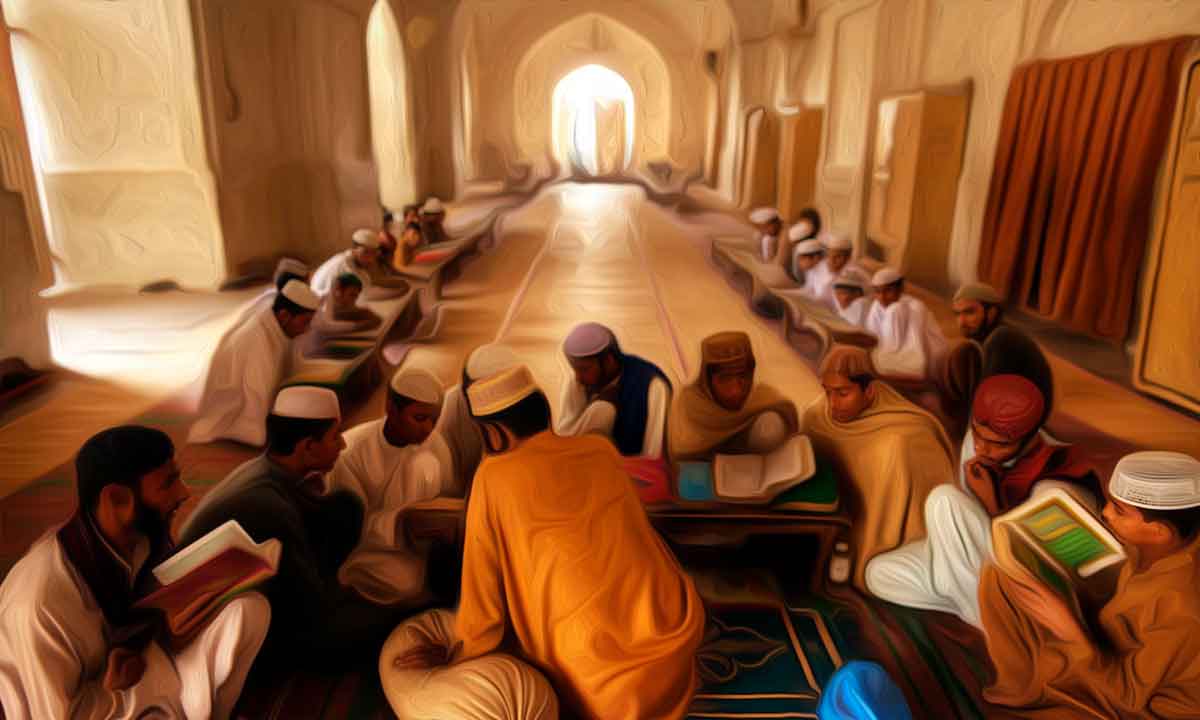 |
Observations made by the Gauhati High Court
While upholding that secularism is a basic structure of the Constitution, the court ruled, “In a country which has multiple religions, the State has to be neutral while dealing with the matters relating to religion. We live in a democracy and under a Constitution where all citizens are equal before the law.”
The court rejected the argument of the petitioners that the Assam govt decision violated the fundamental rights of the petitioners under Articles 25, 26, 28, and 30 of the Constitution of India, and said that instead, it was govt-funded madrasas that had violated the principles of Articles 14 and 15 of the Constitution. The court said, “preference given by the State to any one religion, in a multi-religious society like ours, negates the principle of Articles 14 and 15 of the Constitution of India. It is thus the secular nature of the State which mandates that no religious instruction shall be provided in any educational institution wholly maintained out of State funds [Article 28(1)1”.
The High Court also said that once a minority-run institution like a Madrasa is provincialized and starts being run completely on public money, it no longer can be run as a minority school. Although minorities have the right to set up and run educational institutions for their community, once such institutions are provincialized and start getting run completely on state funds, then religious instructions cannot be imparted in such institutions. “The educational institutions in question are admittedly provincialized schools, the entire teaching and non-teaching staff of these educational institutions are Government servants, the school being a Government institute cannot be said to be either established or being administered by a minority,” the High Court emphasized.
The Gauhati High Court said, “The venture Madrasas, which were established by a minority community, would cease to be an educational institution established by a minority community once such a school has been provincialized under the 1995 Act or the subsequent Provincialisation Acts. The court made it clear that the madrasas in Assam ceased to be minority institutions once they were ‘provincialized’ by the state govt. The Madrasas under question were “provincialized” in 1995 under Assam Madrassa Education (Provincialization) Act, 1995, and the salaries and allowances were paid from the state exchequer.
“The educational institutions in question are admittedly provincialized schools, the entire teaching and non-teaching staff of these educational institutions are Government servants, the school being a Government institute cannot be said to be either established or being administered by a minority”, the Court said. “Consequently, the claim of the petitioners that these Madrasas are minority institutions and were established and administered by the minority is a claim which has no foundation and is hence not acceptable”, the court concluded, rejecting the petition.
The High Court further said that according to Clause (1) of Article 28 of the Constitution, it is clearly stated that no religious instructions shall be imparted in any educational institution which is wholly maintained out of State funds. Clause (3) of the same Article also states that if some institution is aid from the state fund but not fully funded by govt, such institutions can’t force religious instructions or religious worship upon the students.
 |
BJP govt in Assam took the landmark decision in 2017 itself
The state govt had announced the intention to end religious and separate language schools in 2017 itself. As part of that initiative, in 2018, the Assam government had scrapped the two controlling boards — State Madrassa Education Board and Assam Sanskrit Board. The Madrassas were brought under the Secondary Board of Education Assam (SEBA) and the Sanskrit tools were brought under Kumar Bhaskar Varma Sanskrit and Ancient Studies University respectively. The move to merge two bodies was to introduce modern education to students and to bring them into the mainstream.
Reportedly, there are more than 600 government-run madrassas in Assam and 900 other private madrassas, which are run by Jamiat Ulama. The Assam government spends nearly Rs 4 crore to run these madrassas in the state and about Rs 1 crore on Sanskrit tols annually.
References:
 Support Us
Support Us
Satyagraha was born from the heart of our land, with an undying aim to unveil the true essence of Bharat. It seeks to illuminate the hidden tales of our valiant freedom fighters and the rich chronicles that haven't yet sung their complete melody in the mainstream.
While platforms like NDTV and 'The Wire' effortlessly garner funds under the banner of safeguarding democracy, we at Satyagraha walk a different path. Our strength and resonance come from you. In this journey to weave a stronger Bharat, every little contribution amplifies our voice. Let's come together, contribute as you can, and champion the true spirit of our nation.
 |  |  |
| ICICI Bank of Satyaagrah | Razorpay Bank of Satyaagrah | PayPal Bank of Satyaagrah - For International Payments |
If all above doesn't work, then try the LINK below:
Please share the article on other platforms
DISCLAIMER: The author is solely responsible for the views expressed in this article. The author carries the responsibility for citing and/or licensing of images utilized within the text. The website also frequently uses non-commercial images for representational purposes only in line with the article. We are not responsible for the authenticity of such images. If some images have a copyright issue, we request the person/entity to contact us at This email address is being protected from spambots. You need JavaScript enabled to view it. and we will take the necessary actions to resolve the issue.
Related Articles
- Hijab row refuses to cool down, as similar controversy has occurred in another college in Karnataka: Hindu Students turn up with saffron scarves protesting against Muslim girls wearing Hijab in classroom
- Earlier Pakistan attempted to milk the Hijab controversy and now the USA decided to meddle into India’s internal affairs by putting misleading information regarding the ongoing Hijab row in the country
- An attempt of Land Jihad bites the dust as Supreme Court orders 1654 acres of land back to the State Government and that it does not belong to Dargah Hazrat Hussain Shah Wali as Waqf Board claimed
- Waqf board gets stay on demolition of illegal madarsa after Surat Municipal Corporation fails to update records on time, may hijack second property in just 3 months: Land Jihad surges in Gujarat
- Mohammedan Irfan Siddiqui, who was serving jail time for raping a Dalit woman on his release comes out and kills her brother Hiralal Gujrati: Hiralal’s wife told, “My husband was very scared. He wanted to leave Delhi"
- 16 Jan to 22 Jan - 2022 - Continuing attacks on Hindus: bulletin roundup of persecution, discrimination, and hate crimes against Hindus
- Girls justifying their protest are choosing to be ignorant of how Hijab is a symbol of Islamic fanaticism and female subjugation: If Islam takes precedence over education, the students should go to madarsas
- Maulana Usmani says Muslims must continue to defend the honour of the Prophet without fear, terms it ‘peaceful mission’: Old videos show how Maulana was greeted with chants of ‘Sar Tan Se Juda’
- Islamic seminary Darul Uloom Deoband issues misleading statements and illegal fatwas on child rights issues on it's portal: NCPCR orders shutting down of Website
- No evidence to tie Dinesh Yadav to violence, intention assumed based on him being Hindu: Anti-Hindu riots by Muslim community that shook the capital city of India and analysis of the conviction
- Girl students wear saffron shawls, chant Jai Shri Ram to protest against hijab in Karnataka: What Ambedkar meant about Women in Islamic Veil by saying, ‘One of the most hideous sights one can witness in India’
- Illegal mosque at Bengaluru railway station converted back to the porters’ restroom after protest from Hindu activists
- Haji Abdul Majeed and Rajab arrested for plotting to unleash violence during the ongoing Hijab protests by Muslim girl students outside Kundapura college, knives recovered: Karnataka
- In another incident of ‘Land Jihad' how property in Shiv Shakti society of Mora, Surat, came in possession of Waqf Board: Gandhinagar based trust claims that Board is illegally taking over properties by misusing the Waqf Act, 1995
- Arabic Teacher Shoeb Akhtar of Darul-Uloom was sodomizing a 10-year-old boy for ten days inside madarsa, arrested: Victim’s family had enrolled him after returning from South Africa two months back















